Great changes delusional in the state of uncertainty
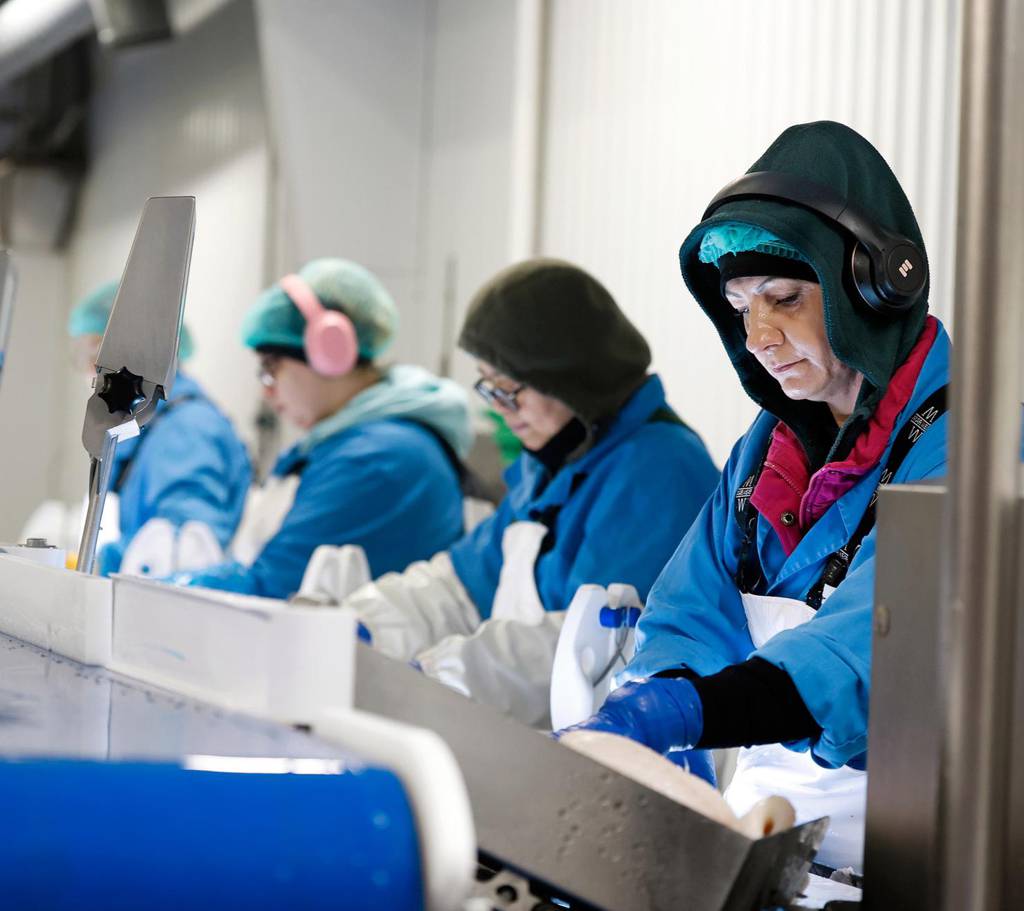
The government’s ideas on changes in fishing fees need to be better looked at and very unfortunate to intend to raise the levy on the industry in the great state of uncertainty that Trump’s customs policy has created.
« I would like to pray for everyone who has a vested interest in having a good conversation on this issue and have all the facts clean before such a huge decision is made. »
This is stated by Tinna Gilbertsdóttir, chairman of women in the fisheries sector, when asked how she looks at the ideas of a new government on changes in the fisheries resource tax.
Tinna, who is very familiar with the industry, points out that the implementation that the government has proposed can include the amount of fishing fees up to double from the present and this additional taxation can both cause some Icelandic fisheries companies to make the land.
« The effects would not only cover fish processing, but also have a chain -effect on companies such as Lýsi, Kerecis and other stable companies that have based their success on good cooperation with the companies that complete the fish with the utilization of side products such as the liver, redness, enzymes and collagen. »
Tinna emphasizes thanks to the great technological advancement and the ambition of Icelandic fish processing if these companies have been able to rely on the fact that the side products are of the best available quality and in sufficient quantities. « Iceland owns companies that have done incredibly cool things in this area and could put them in a bad position if increased expenses change operating conditions so much that a full -fledged neighborhood is largely out of the country. »
Many people have a vested interest
Tinna reiterates that caution should be taken to the ground and seek ways to reconcile different perspectives. She points out that it must be a common goal of the nation to handle the resources of the ocean and maximize catch value, and at the same time strengthen the foundations of the fisheries sector. « The fisheries industry plays an incredibly major role in the prosperity of the nation and we have a fisheries management system that seems to be the best in the world, and not without reason that many states regard the Icelandic system as an example to follow, » she says.
Tinna recalls that the results of the Icelandic system did not stand up and the article offers a number of good jobs, as well as many vigorous and valuable companies have been created around the fishing industry. « And if the government wants to go very far in changing this system, stakeholders must first have a real conversation. There are not few who have direct and indirect interests. »
Tinna agrees with the view that misunderstanding may be careful about the financial capacity of the article. She says that there are certainly many stable companies in the Icelandic fisheries sector, but in many places the scope is so that there is not necessarily a major surplus for companies that are always the pillar of the business community of their town or parts of the country. « I worry about small and medium -sized companies that are often in the position of having to weigh and evaluate whether fish need to be purchased in the market in order to keep the house open, can start the machines and have some work for the staff.
Unfortunate catalyst
The Government’s proposals are aimed at, on the one hand, the auction price of tuna fish is based on the calculation of resource tax, and on the other, the price of pelagic products is based on the price paid in the Norwegian market. Tinna says many things wrong with this method, as others have pointed out:
« As is the case today, only a small fraction of caught demersal catch is on the market and the price formation there does not necessarily give a correct picture of the value of the catch whole, » she says. « And the pelagic fish traded in Norway is a whole other product than the capelin, mackerel and herring that is caught in Icelandic waters. These are wreckage stocks and when they come into Icelandic jurisdiction they are in a different growth and developmental period, but when these strains are found in Norwegian.
Tinna points out that the government’s ideas, as they have been announced, are at risk of hivision for fisheries to place greater emphasis on fishing than instead reduce processing, and sell most of the land to land for action. « I think this could happen faster than people realize and that there will be little left in Iceland except maybe the primary processing, » says Tinna, accepting that when the example is calculated, the increase in fishing fees could even lead to a reduction in the fisheries sector’s tax footing.
On top of the government’s proposed amendments, the political uncertainty that Donald Trump’s governance has created. Tinna clearly states that Iceland must be very careful if you are able to ensure good access to the US market, and this is not least the fisheries industry that is one of the highest. « In recent days and weeks, we have seen Trump change tariffs on other nations at a glance and no one knows what will happen next.
A network that remembers
Recently, the operations have been the most powerful tournament for women in the fisheries sector (KIS) and Tinna says that members are now close to 380, but there were about 100 when the company was founded half a decade ago. « It is nice to see that a certain renewal is taking place and new faces appear in our events. Young women are increasingly begun to regard the fishing industry as a reliable workplace and they see that the company is a good place to expand the network. »
Tinna says the company is open to women who work either directly or indirectly with the fisheries sector and cites, for example, that the group includes women from the financial sector who work extensively with fisheries companies. « It is nice to say that at the next Annual General Meeting we will expand the company even more and the company will add women to fire to the group as an independent department within women in the fisheries sector. »
According to Tinna, it is important for women in the industry to have a platform like Kis. « I started working in the fisheries sector about fifteen years ago and then went to attend conferences and exhibitions abroad where I was often one of the few women in a group of suits for men. fisheries. «
KIS’s operations are mainly limited to the winter months and is accustomed to the members of the company meeting at monthly events. Tinna says the company is gratifying, but it also has a great deal of professional importance for women to be able to seek advice and guidance from their stables and have all the benefits that come with strong networks, and that Kis has clearly helped women in the industry take more space and gain a stronger voice in the business sector. « We fit up and pay each other’s way. If we know of interesting opportunities, we tell each other and can recommend powerful women from the club when we know of vacant places.

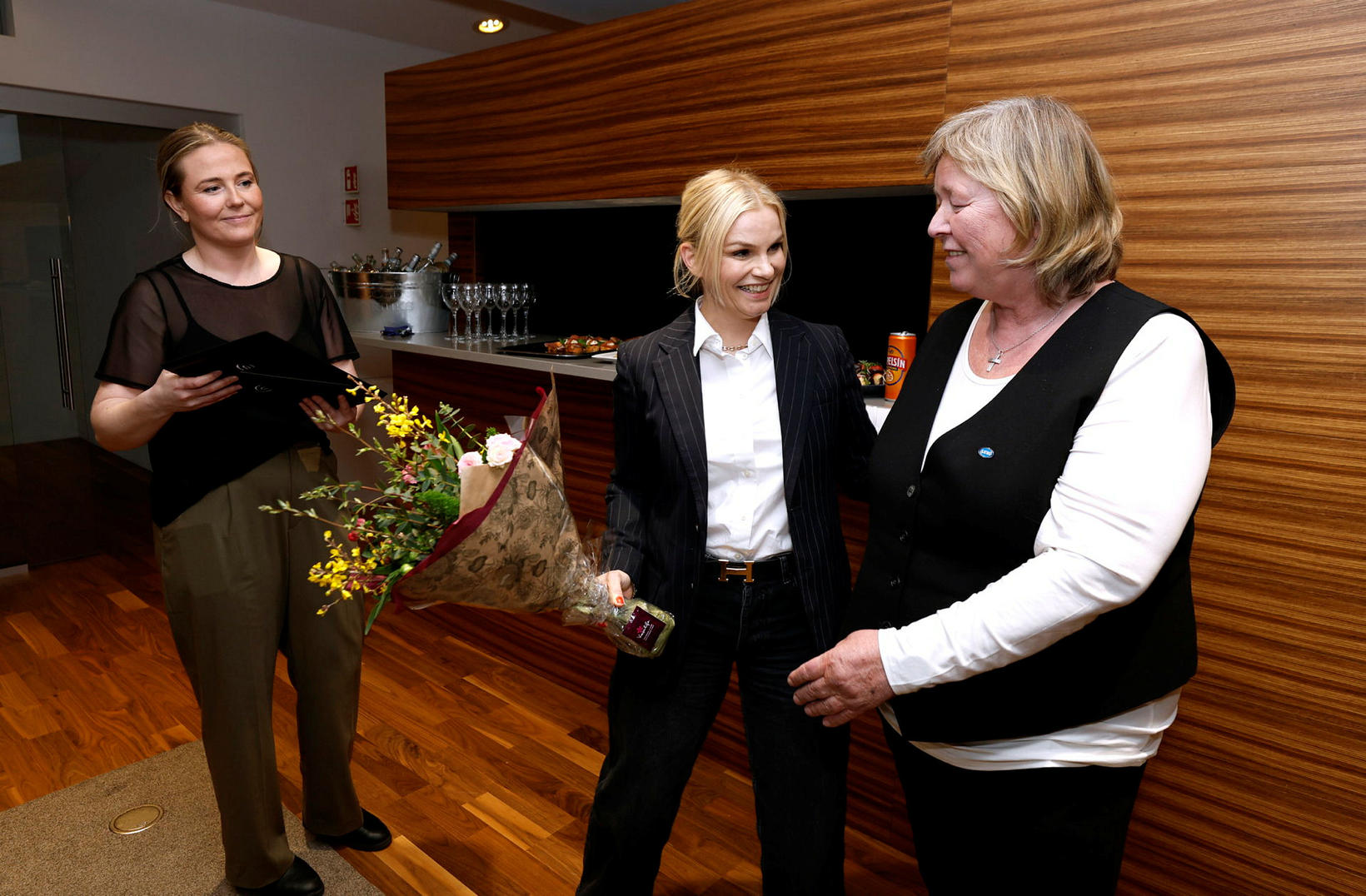
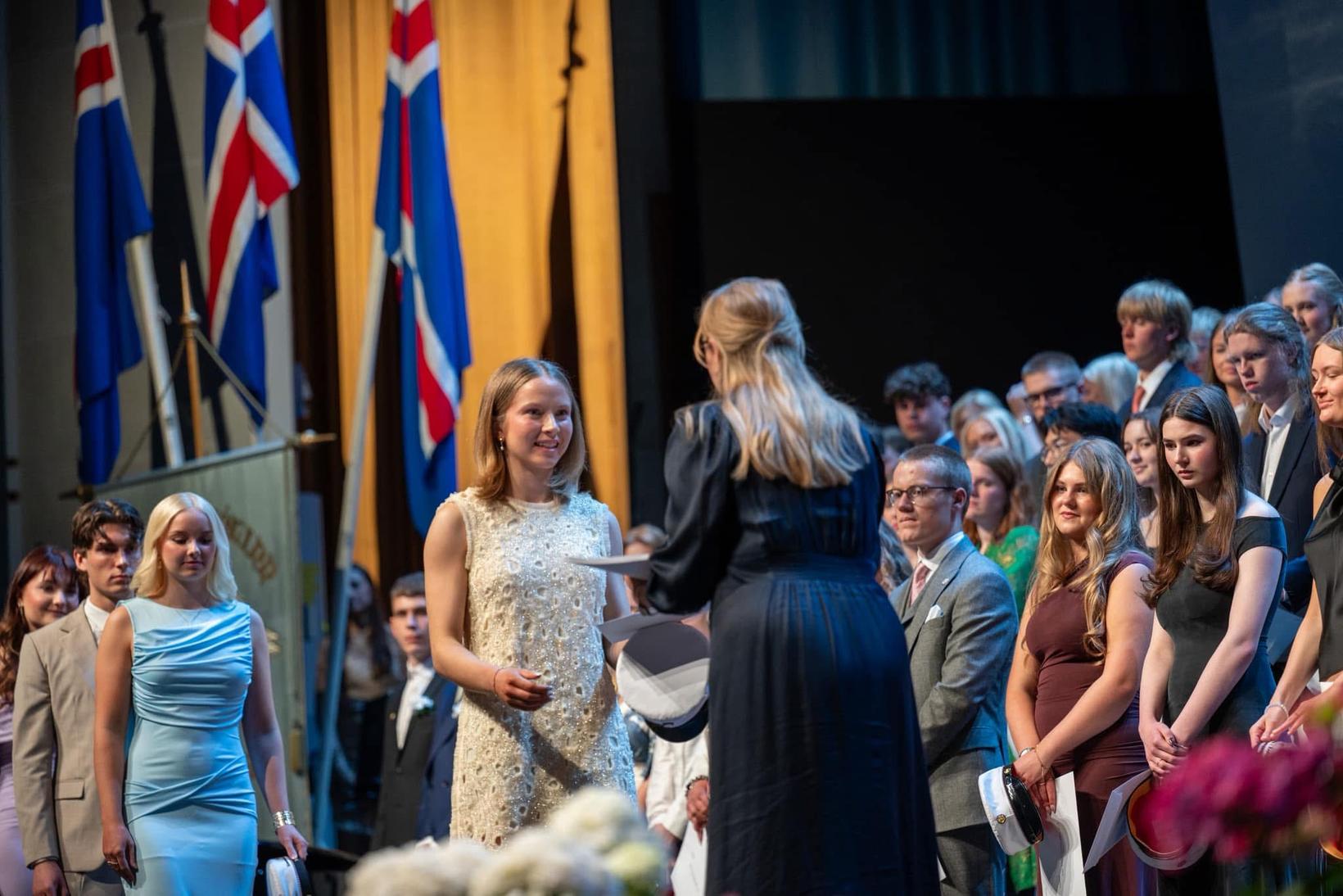
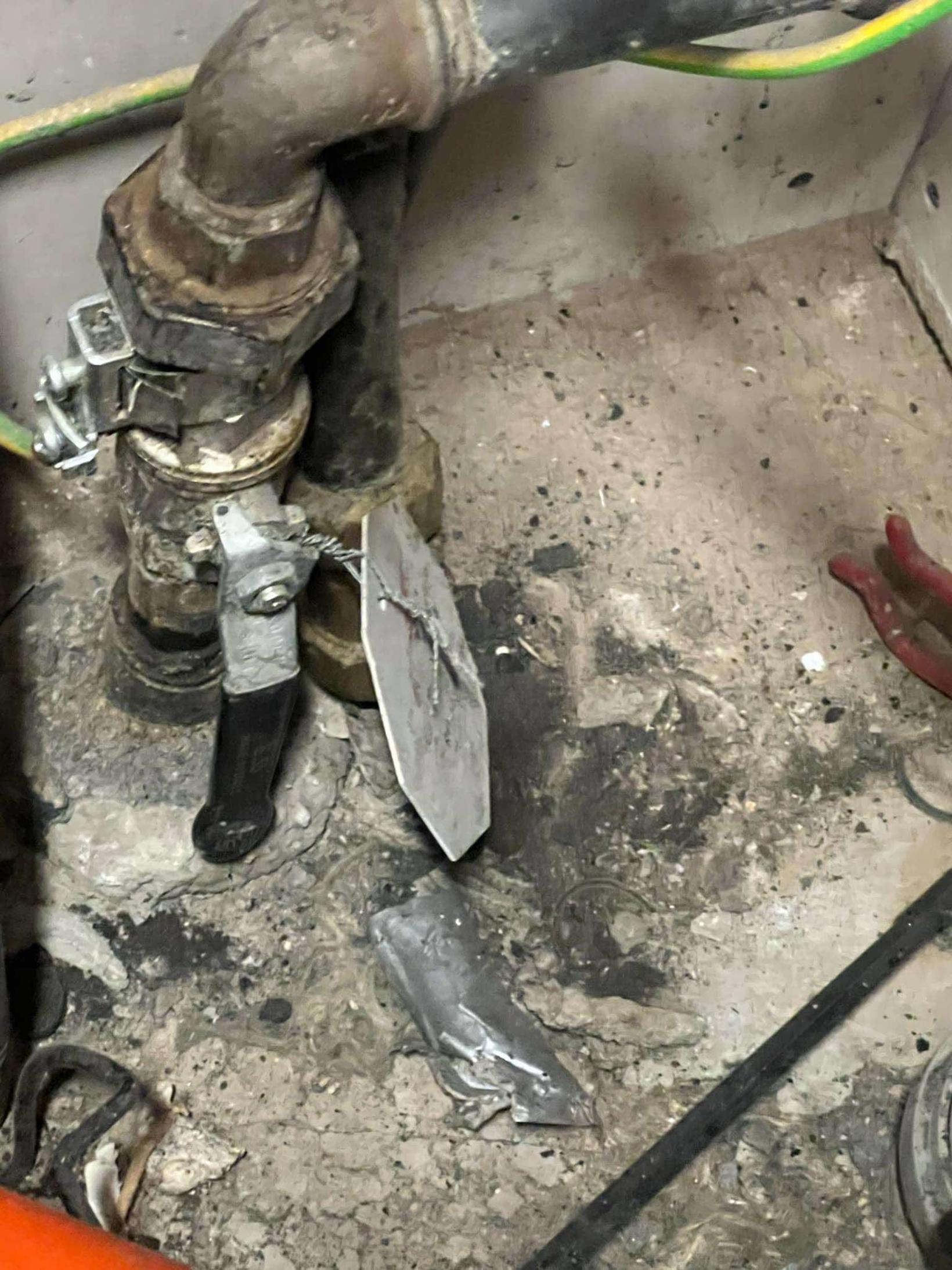
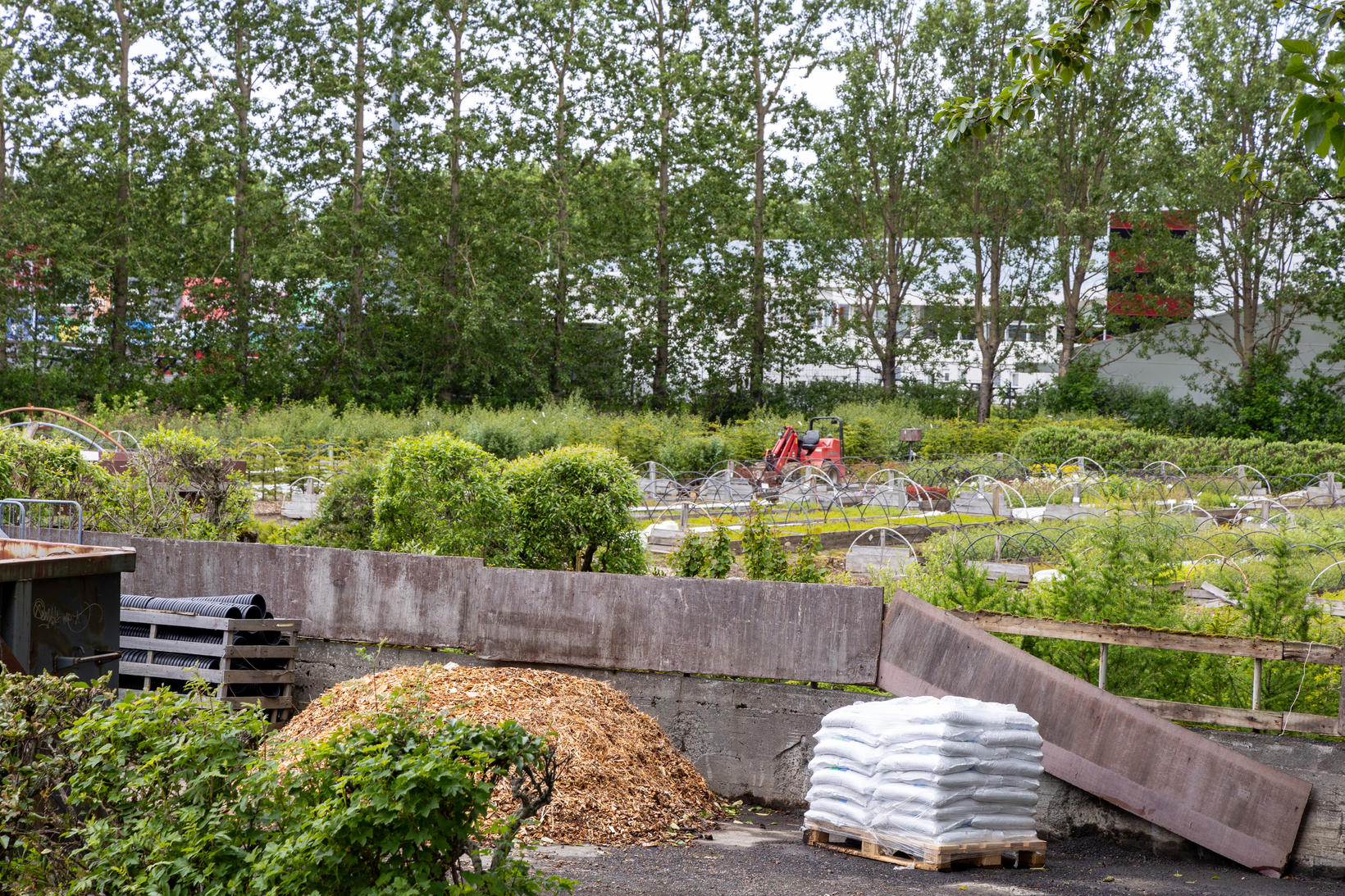

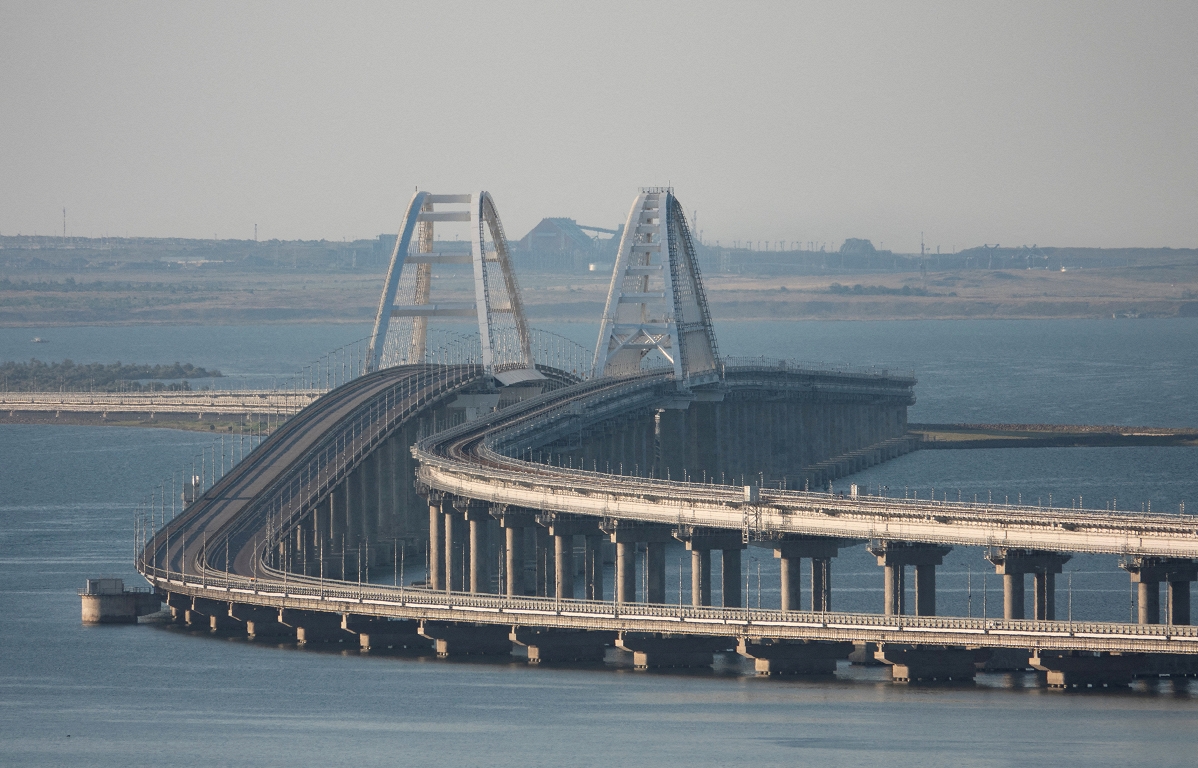

:format(webp)/s3/static.nrc.nl/wp-content/uploads/2025/06/03094621/data133142838-c622dd.jpg)